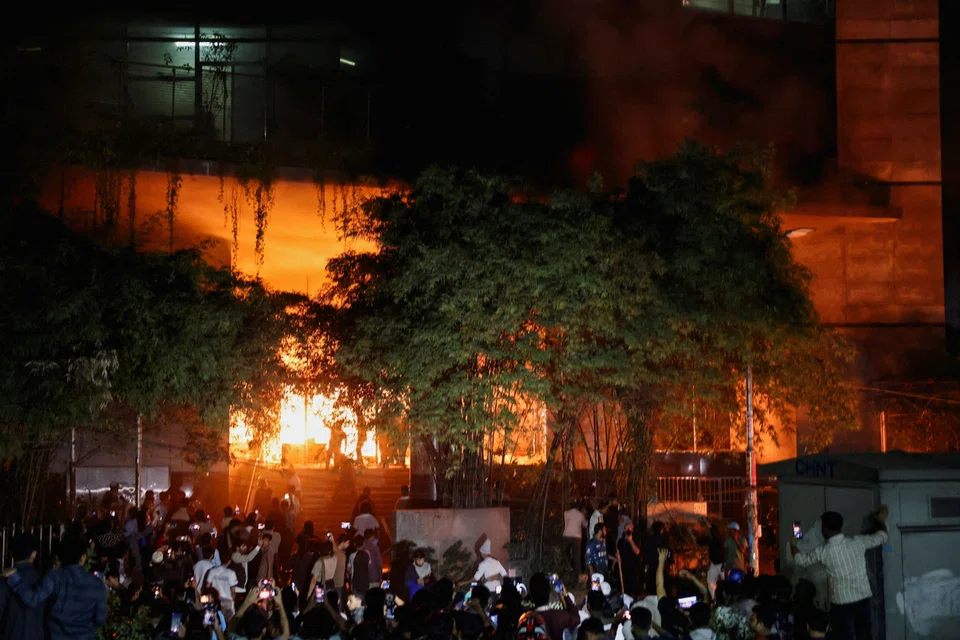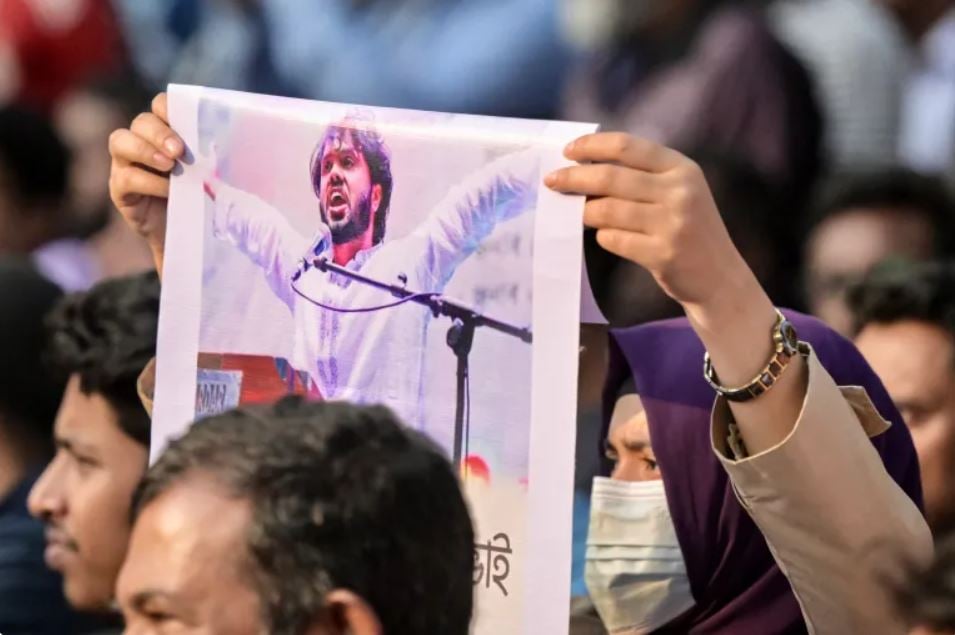In a proactive move to safeguard the delicate marine ecosystem of the Maldives, Environment Minister Thoriq Ibrahim has announced the suspension of dredging and desertification projects until the end of the peak coral bleaching season. This decision comes amidst growing concerns over the adverse impact of extensive development activities on the country's coral environment.
The Environmental Protection Agency (EPA) has raised alarms about the detrimental effects of desertification, land reclamation, and beach nourishment activities on the coral reefs, exacerbated by rising ocean temperatures leading to coral bleaching. In response, Minister Thoriq disclosed that agreements have been reached with companies undertaking dredging and desertification projects to halt their operations temporarily if coral bleaching occurs.
Highlighting the significance of the EPA's intervention, Minister Thoriq emphasized that the suspension of projects is a crucial step to mitigate further damage to the coral environment. He noted that the EPA will need to reschedule permitted dredging and reclamation activities to ensure environmental sustainability.
The EPA's directive, effective until June 10, 2024, calls for a halt to dredging, excavation, beach sand pumping, laying of farm pipes and cables, and the installation of machinery. Additionally, the agency has urged relevant institutions to review the schedules of existing and upcoming projects to align with the environmental conservation measures.
The Maldives Association of Tourism Industry (MATI) has thrown its weight behind the EPA's directive, acknowledging the importance of preserving the country's natural assets for sustainable tourism. The move reflects a collaborative effort between the government, environmental agencies, and industry stakeholders to strike a balance between development aspirations and ecological preservation.
The Environmental Protection Agency (EPA) has raised alarms about the detrimental effects of desertification, land reclamation, and beach nourishment activities on the coral reefs, exacerbated by rising ocean temperatures leading to coral bleaching. In response, Minister Thoriq disclosed that agreements have been reached with companies undertaking dredging and desertification projects to halt their operations temporarily if coral bleaching occurs.
Highlighting the significance of the EPA's intervention, Minister Thoriq emphasized that the suspension of projects is a crucial step to mitigate further damage to the coral environment. He noted that the EPA will need to reschedule permitted dredging and reclamation activities to ensure environmental sustainability.
The EPA's directive, effective until June 10, 2024, calls for a halt to dredging, excavation, beach sand pumping, laying of farm pipes and cables, and the installation of machinery. Additionally, the agency has urged relevant institutions to review the schedules of existing and upcoming projects to align with the environmental conservation measures.
The Maldives Association of Tourism Industry (MATI) has thrown its weight behind the EPA's directive, acknowledging the importance of preserving the country's natural assets for sustainable tourism. The move reflects a collaborative effort between the government, environmental agencies, and industry stakeholders to strike a balance between development aspirations and ecological preservation.


















